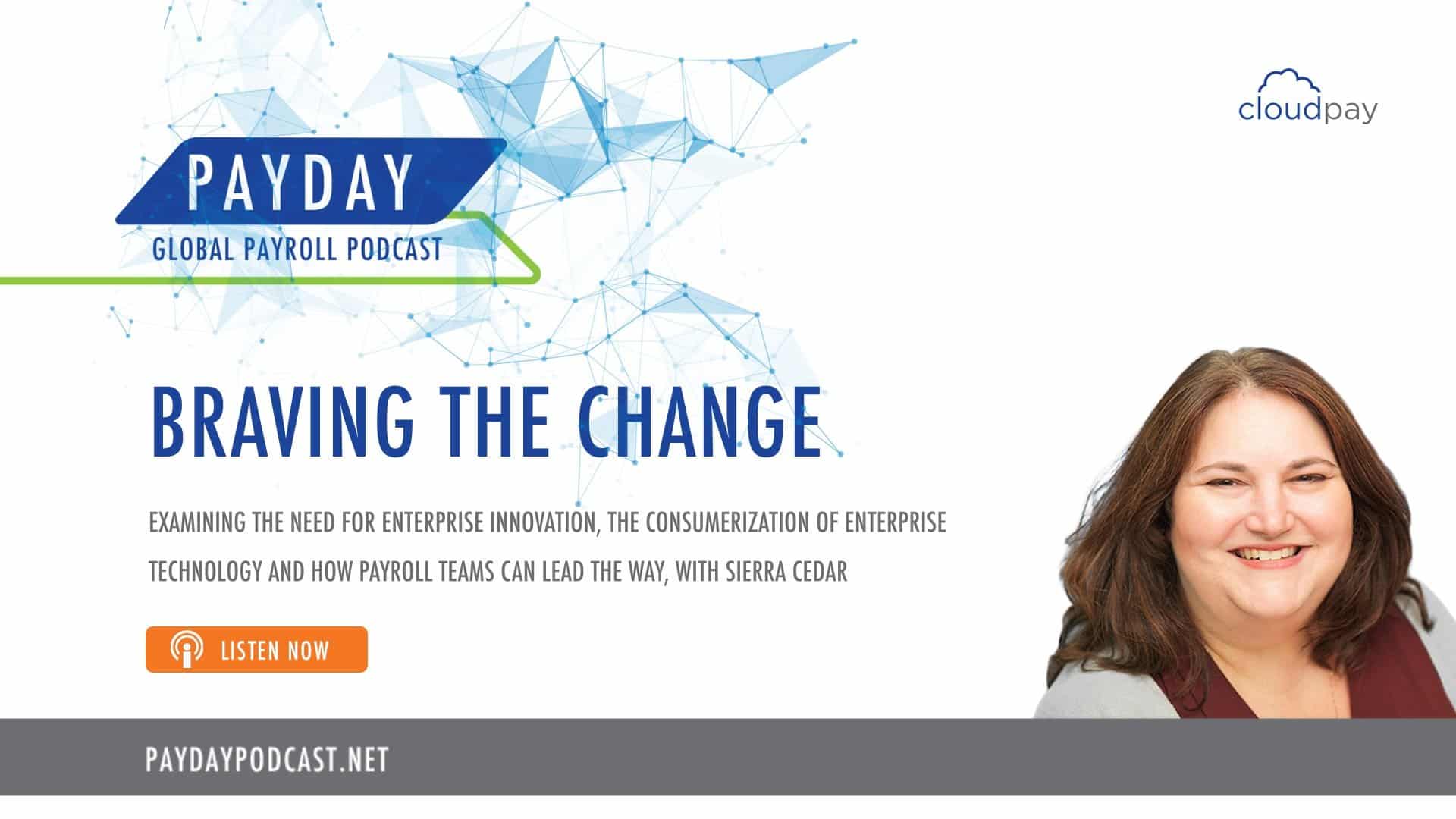As the look and expectations of the globalized workforce continue to evolve, greater emphasis is being placed on workplace culture, what it means, and how it can support employees regardless of location. Beyond factors like company values or office environments, more organizations are looking at how the business systems workers use every day can support a positive culture — and even shape it.
Generally defined as the core values, attitudes, and assumptions shared across people working within an organization, company culture holds significant influence over how productive and committed workers are. As a recent Forbes article explains, “A positive workplace culture improves teamwork, raises the morale, increases productivity and efficiency, and enhances retention of the workforce. Job satisfaction, collaboration, and work performance are all enhanced. And, most importantly, a positive workplace environment reduces stress in employees.”
When considering how business services can help create a positive work culture, human resources may seem the obvious place to focus. But payroll is a key function that shouldn’t be overlooked. Not only are global payroll and HR directly linked, but payroll serves as an essential, consistent, regular touchpoint for employees. Delivering on your payroll promises plays a tremendous role in the employee experience, as does the way payroll issues and enquiries are handled. When thought of that way, it makes sense to look at payroll’s role in supporting and shaping organizational culture.
Consider how the following aspects of an efficient, effective global payroll solution can help set standards in terms of workplace culture. By demonstrating desired attitudes and key values in the service provided to employees, companies can help encourage workers to show the same characteristics in their day-to-day activities and interactions.
Service
As we know, payroll is much more than calculating payslips and statutory filings. A large part of the job is data management and error resolution — including addressing questions that arise after payslips are issued, when an employee flags an inaccuracy.
Because any discrepancy in an employee’s pay is potentially sensitive and urgent, the manner in which the payroll team handles these issues is key. Providing timely, knowledgeable service and demonstrating a desire to make things right will go a long way to ensuring a good experience for employees, which directly reinforces a positive culture.
Access
Data protection isn’t only a priority for business leaders. In the wake of sweeping regulatory changes like GDPR, employees are paying more attention than ever to how their data is used, maintained, and updated. Global payroll and HR solutions that include a self-service portal empower employees to monitor and maintain their information directly.
Such access demonstrates openness and an awareness that data security is a personal concern for the workforce, while also creating opportunities for employee engagement. Beyond strengthening workers’ sense of being included and considered, employee self-service can help ensure that accurate, up-to-date information is being used to process payroll — helping to reduce errors overall and further support a positive work environment.
Technology
The level of technology used within an organization can be seen as a direct reflection of the level of performance and productivity expected from the workforce. And the systems used will register, for better or worse, with top talent during recruiting, new employees during onboarding, and long-term co-workers who may be eager for an update. By employing efficient, modern technology across functions, companies demonstrate their commitment to staying up-to-date, relevant, and competitive. Moreover, the thoughtful adoption of technology helps inspire confidence in a company’s management style and ability to provide good service to their employees.
For years, the payroll function has lagged behind related departments as they were overhauled with centralized, cloud-based, integrated systems that not only enabled the functions to perform better now, but be ready to adapt to future needs. With today’s technology, however, there’s really no excuse for maintaining outdated payroll systems, especially when facing increasing globalization and compliance challenges.
Options
Workers today are increasingly adept at educating themselves, whether it’s around their tax status, benefit choices, rights in the workplace, or any of the myriad factors of employment that impact them on a regular basis. For employers, it’s important to recognize that worker needs and wants are changing, and that previous standards and one-size-fits-all approaches to everything from compensation packages to communication methods are slowly but surely being replaced.
Payroll provides an excellent opportunity for employers to explore offering new options or perks to employees. While direct deposit is now a standard method of delivering pay across the United States and other countries, newer payment options are expanding employee choice even more. Pay cards address the issue of unbanked workers, while programs that apportion amounts for savings, investment, or debt repayment help employees meet needs outside of work. Letting workers choose how they are paid or helping them make better use of their income makes employees feel accounted for and encourages the same level of consideration in their workplace contributions.
Culturing Success
Every step an employer takes toward providing better service and support for their workers is a step toward a culture where team members feel appreciated and valued. In a healthy workplace with a positive culture, both employers and employees win — and are better prepared to continue that success into the future.



